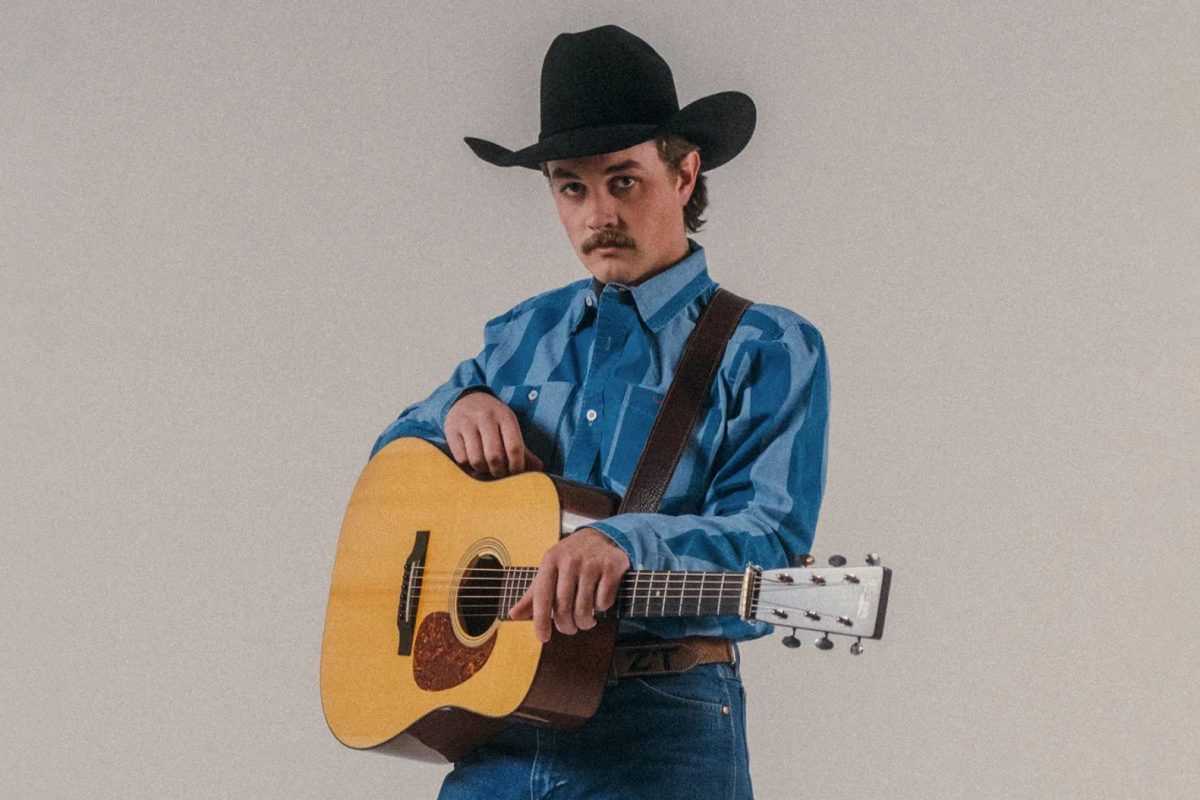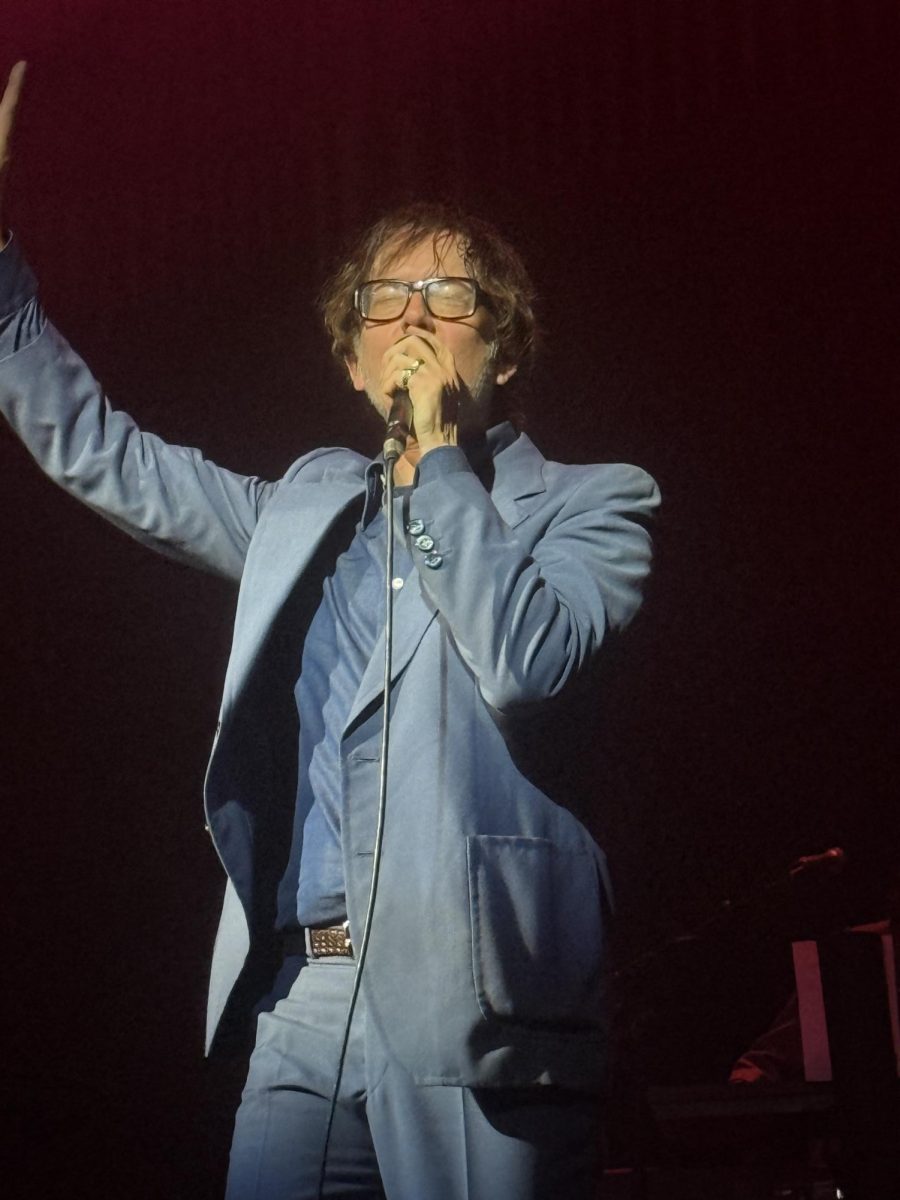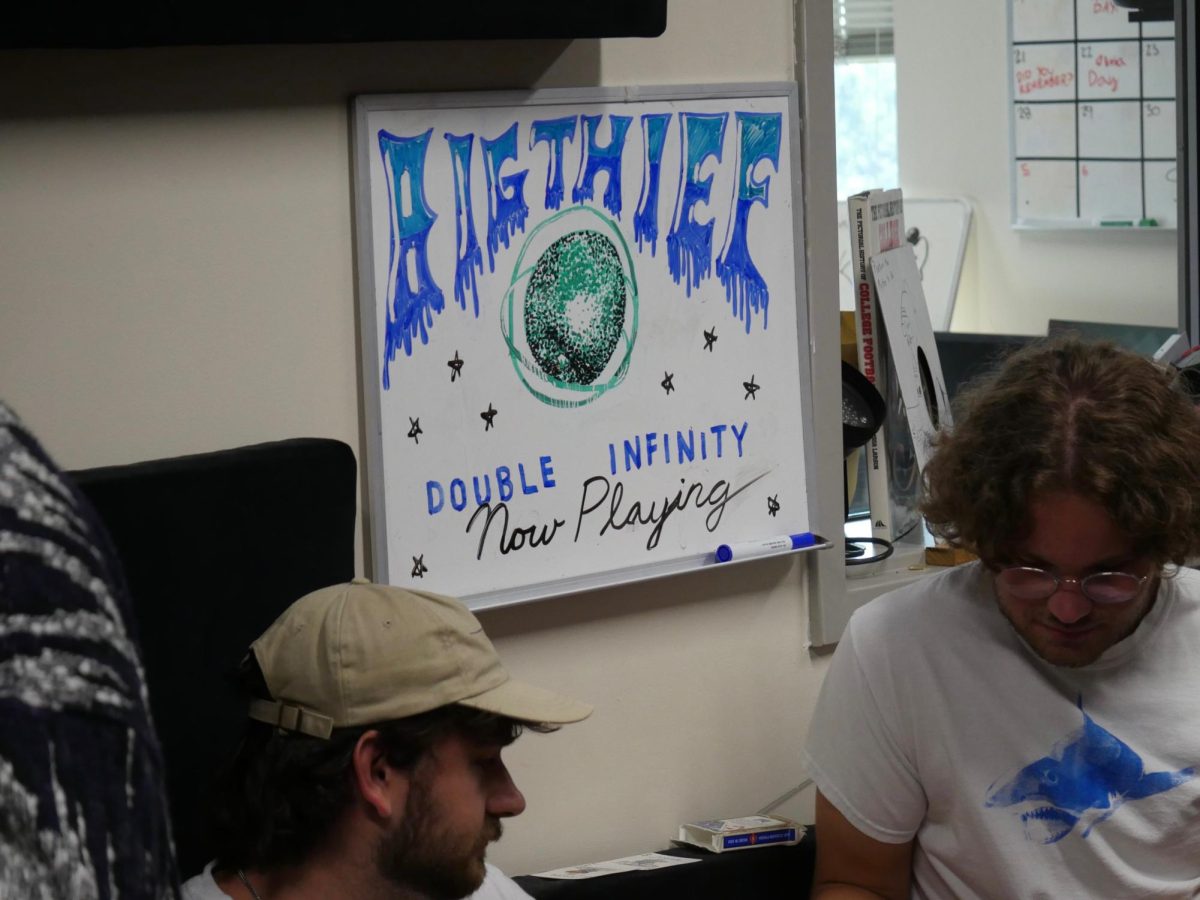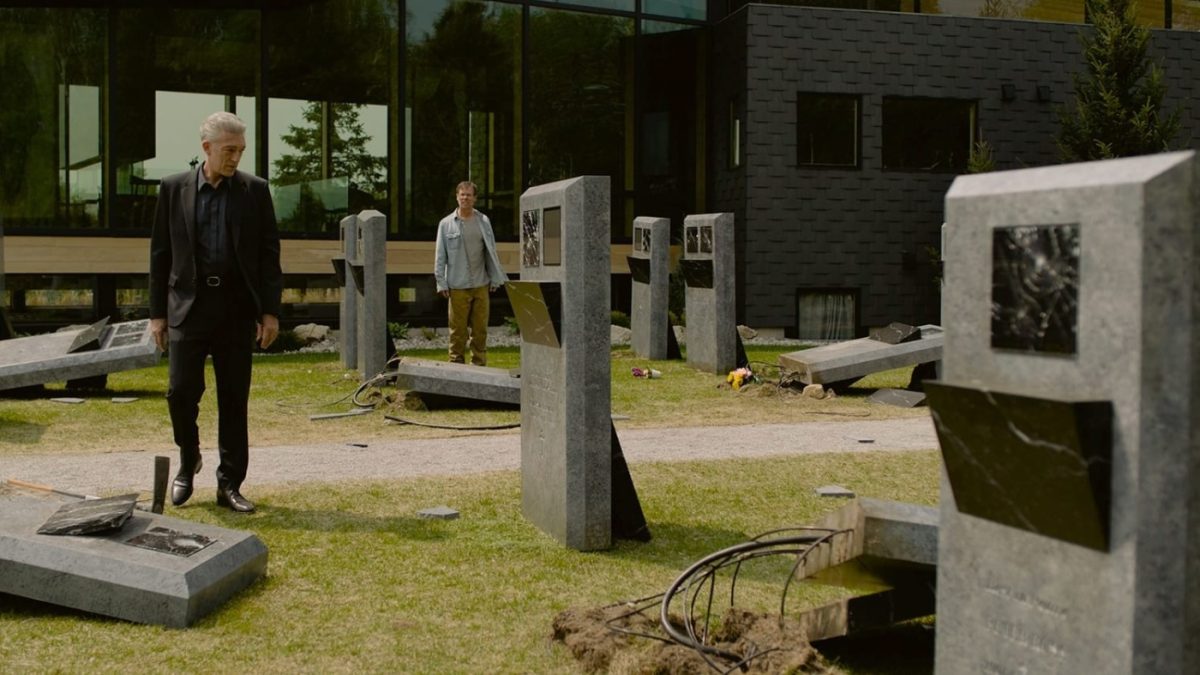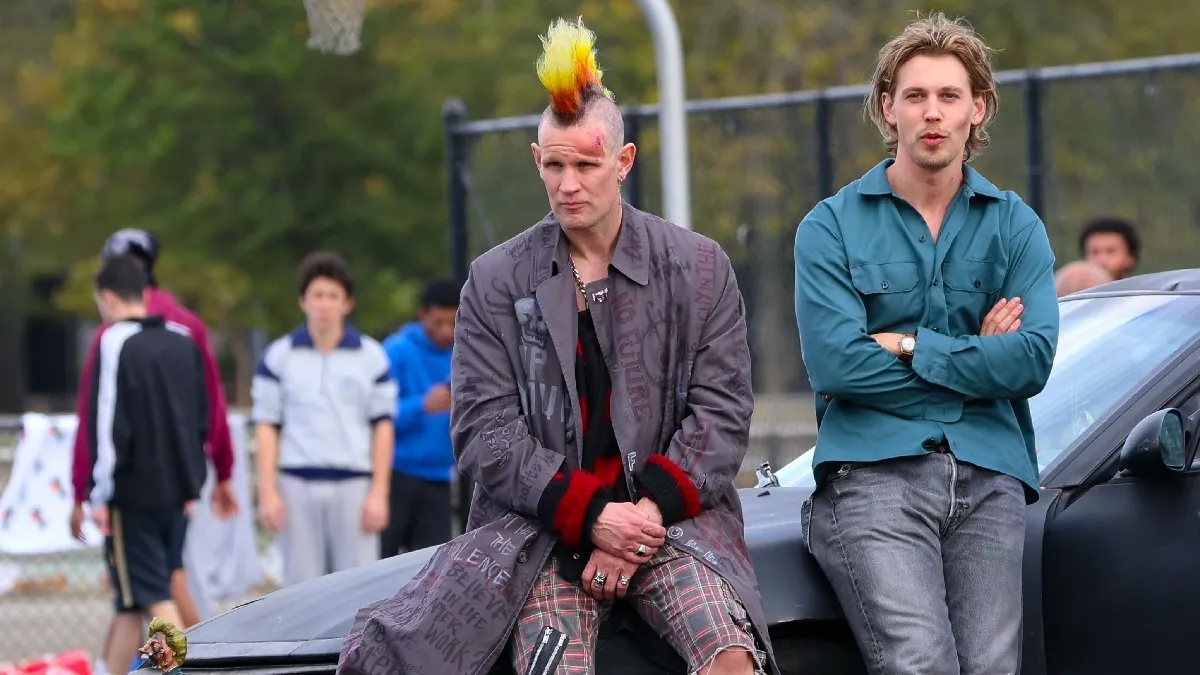With over 400 active clubs, Clemson has been a hospitable environment for the many different communities that make up our student body. One of the most recent additions to the list is Clemson’s Club of Neurodiversity (CCN), a space made to safely welcome and advocate for neurodivergent students.
Neurodiversity is a new movement that welcomes having variations in how one thinks and behaves socially, emotionally or intellectually. Originally meant to refer to those with autism spectrum disorder (ASD), it has evolved into a unifying identity that advocates an understanding and acceptance of the different types of neurodivergence such as attention deficit hyperactivity disorder (ADHD), dyslexia, obsessive-compulsive disorder (OCD) and many others along ASD.
The Clemson community has embraced the rising awareness of this movement through CCN. The Tiger spoke to Craig Garrison, president and founder of the group, about the club’s origins and future plans.
Griffin Cobb: While the rise in social awareness of the movement has grown, what sparked your desire to start the club?
Craig Garrison: The lack of neurodivergent representation in the Clemson community. Of course, there are clubs dedicated to dealing with mental health, but nothing focuses on the topic of neurodivergence. So, I was like, wouldn’t it be cool if we created a club centered around neurodiversity? Like, a place where people share similar experiences that we go through on a daily basis? People who could truly understand the troubles and adversity that comes with neurodivergence? So, I got a few of my friends together and founded CCN.
Cobb: How does being neurodivergent positively affect your life, as opposed to the common idea of it only hindering you?
Garrison: Neurodiversity is basically a quirk assigned to how your brain functions from birth. From a very young age, we walk into the world knowing there is something different about us. It affects how you perceive information and any external stimuli and therefore changes how you view the world around you. Like anything made with a specific quirk, there are some particular strengths and weaknesses that come with it. A critical part of being neurodivergent is using that knowledge to adapt and adjust in a neurotypical (individuals without any strong neurological deviance) world. And like anything in this world, what that means and how it manifests differs from person to person, making it a unique adventure for us all.
Cobb: What’s your biggest challenge when it comes to being neurodivergent?
Garrison: Efficiency. What do I mean by that? I mean converting and conveying our peculiar quirks into scarcity, something of exclusive value. And when you have that, you genuinely get yourself an advantage that you can exploit for profit.
Cobb: What future plans do you have for the club?
Garrison: We at CCN will sponsor various events (even collaborating with other major clubs on campus) with one part geared to spreading not only the individual but structural experiences of those who are neurodivergent, and then another engineered as a safe haven for other people of neurodivergence to meetup, content and share each other’s unique experiences (and of course hangout).



